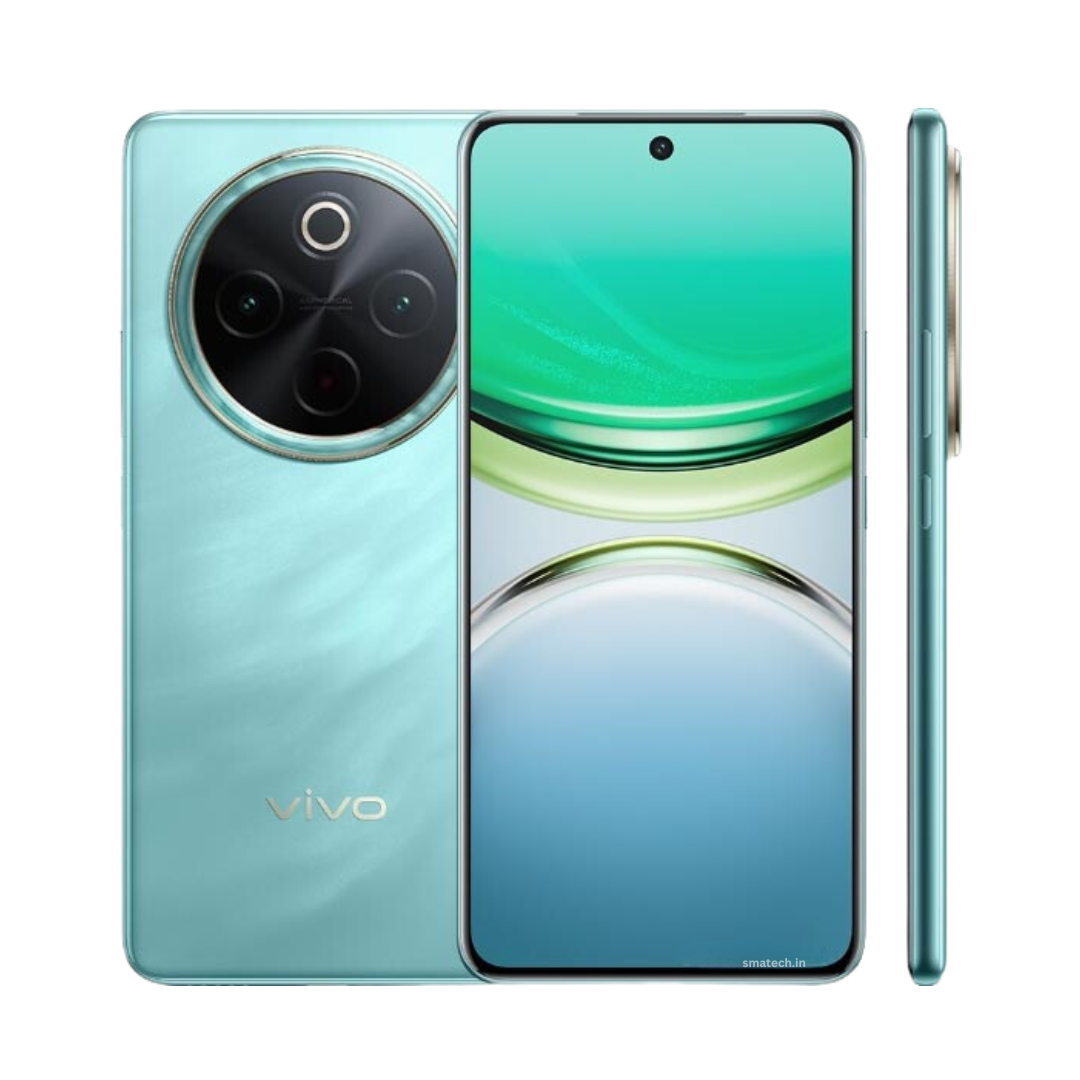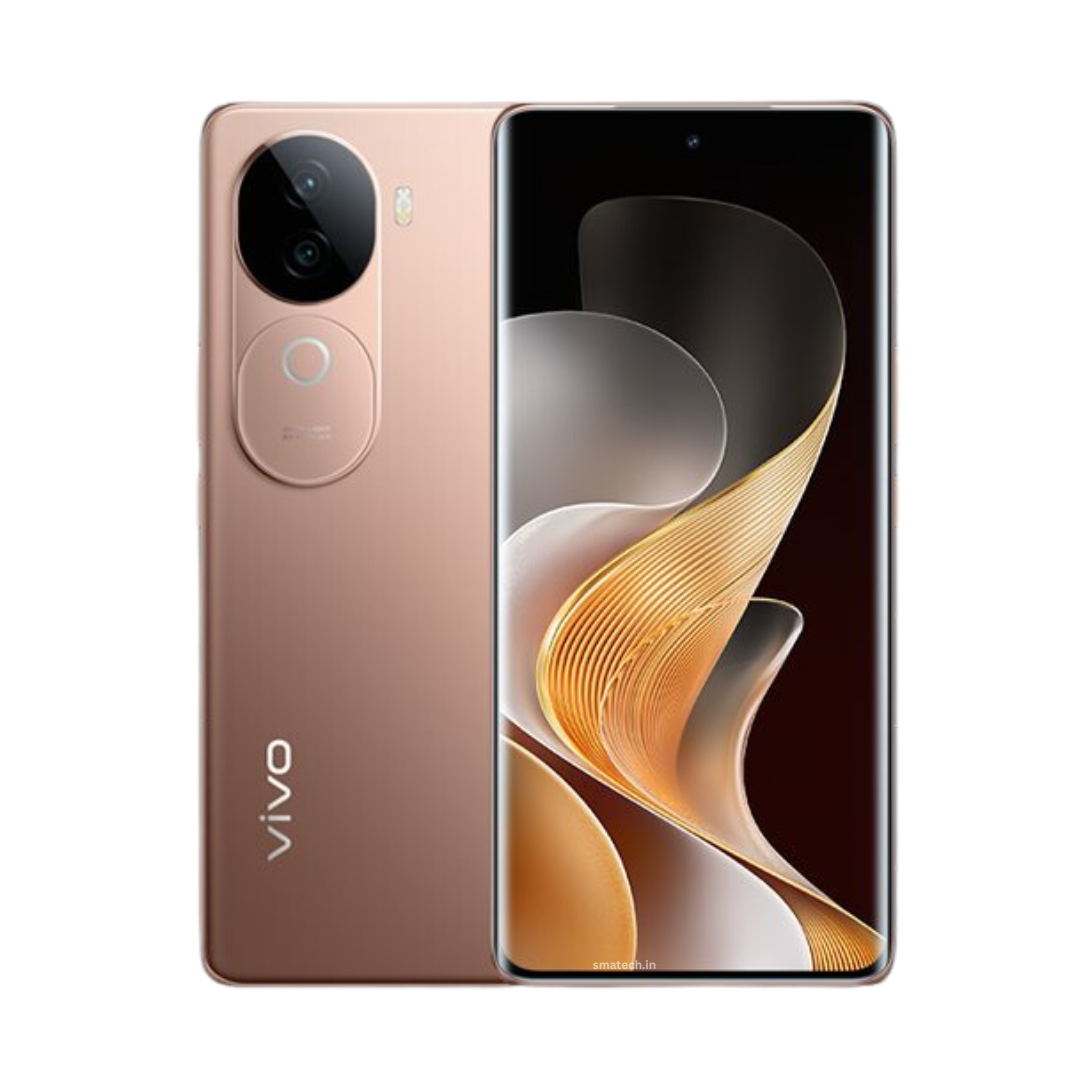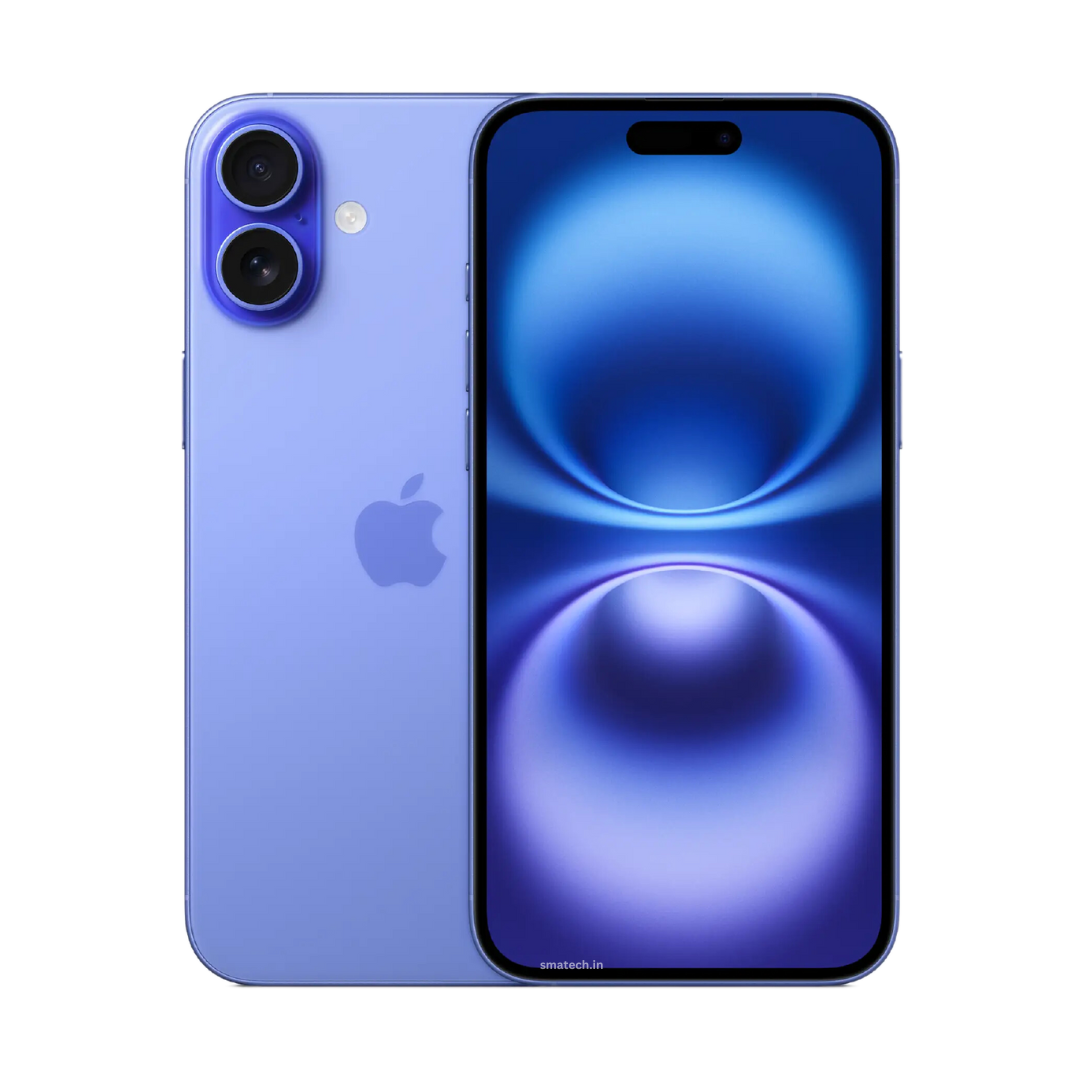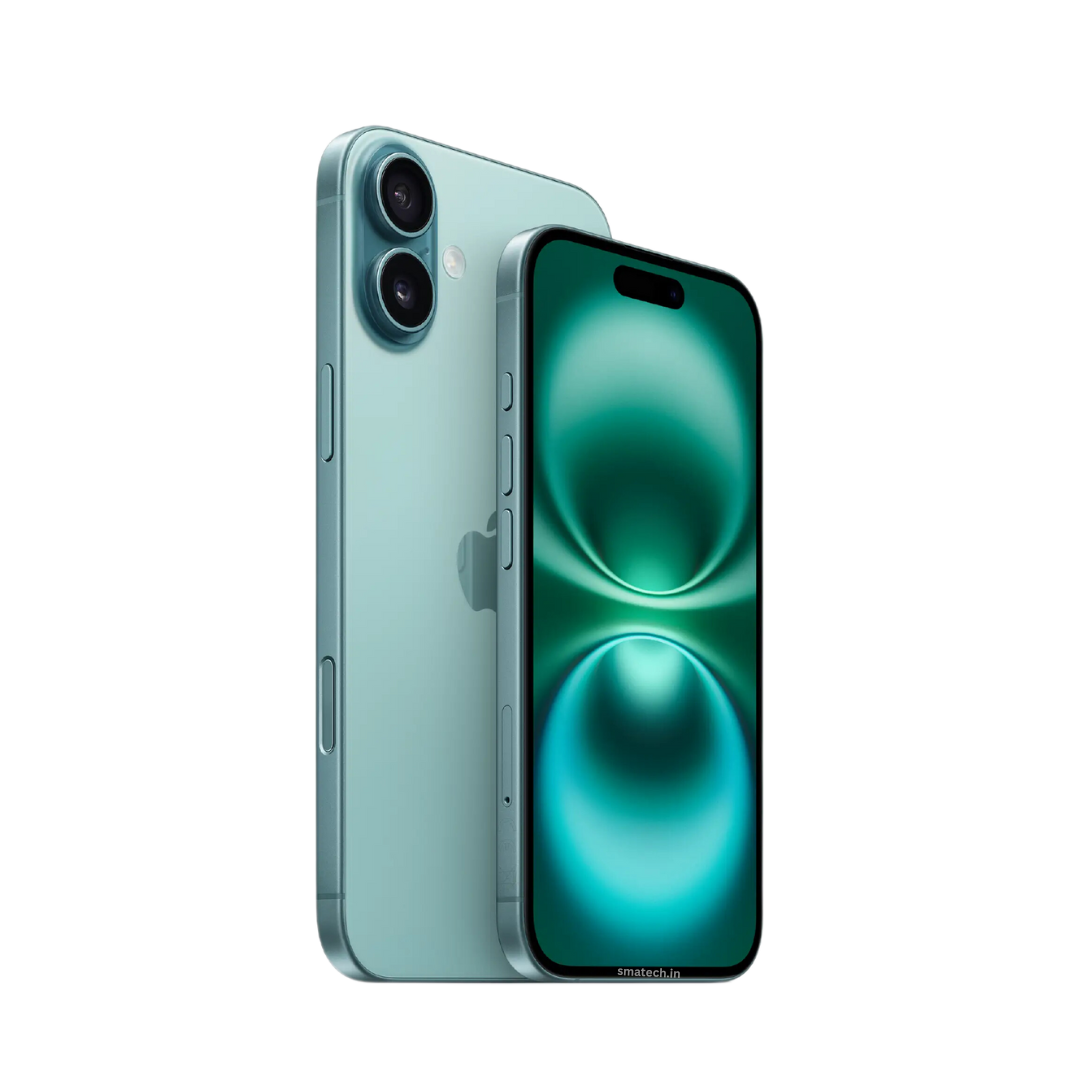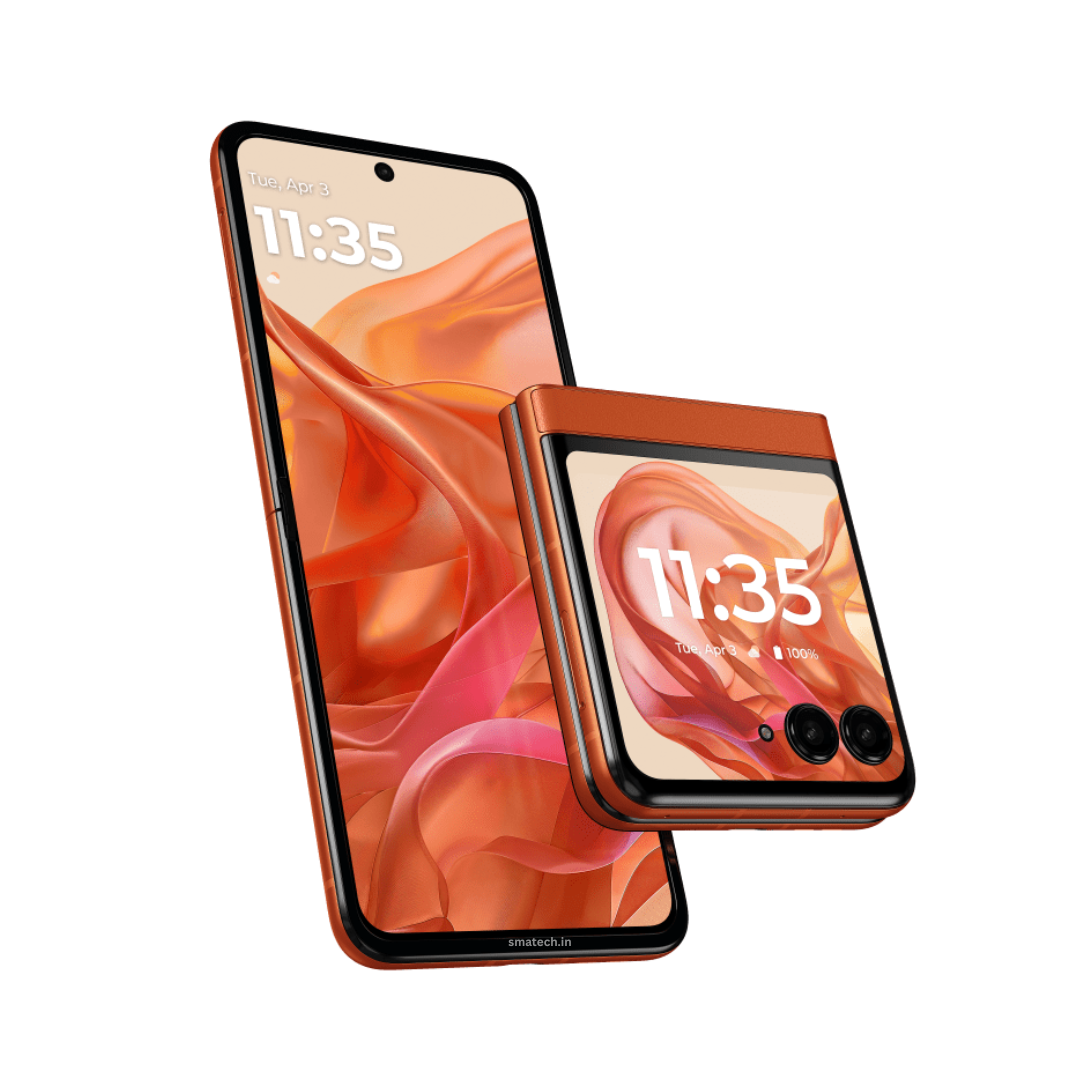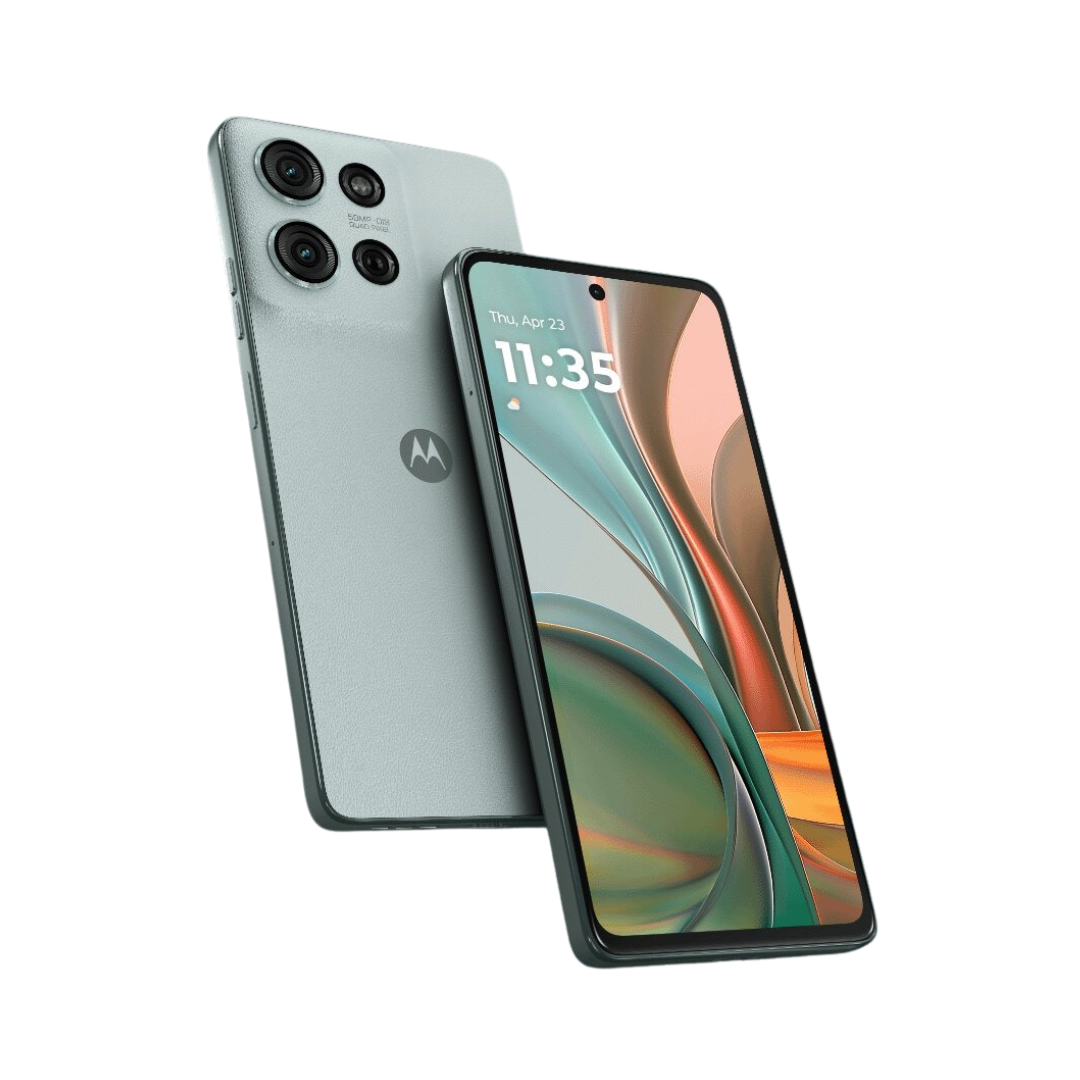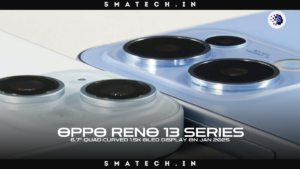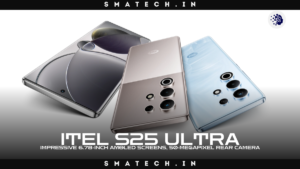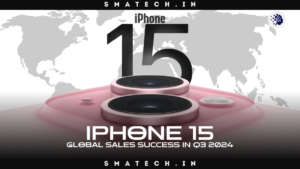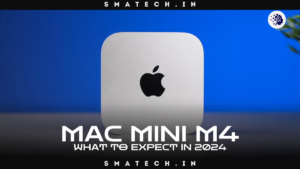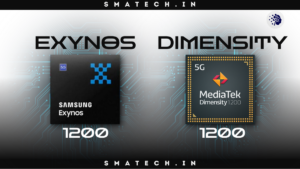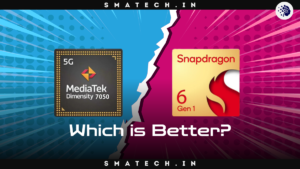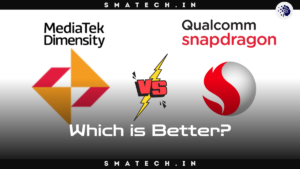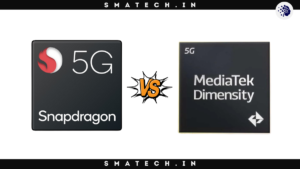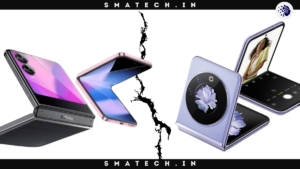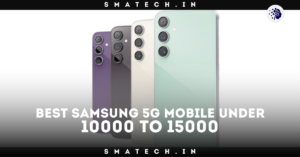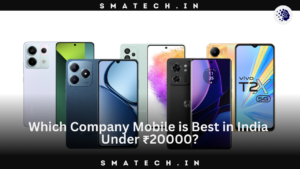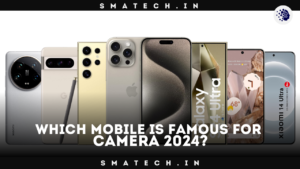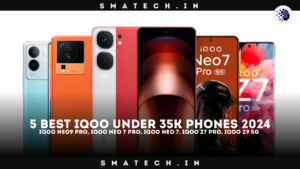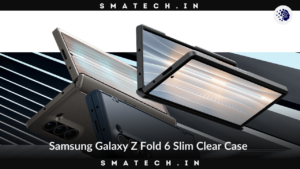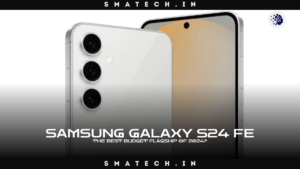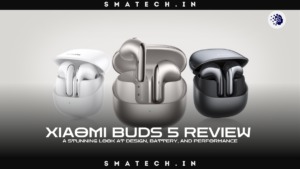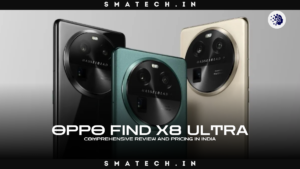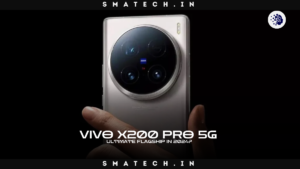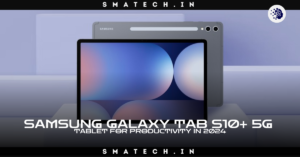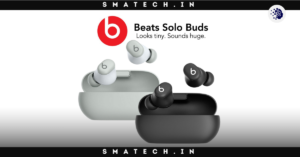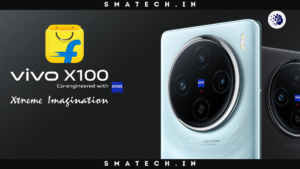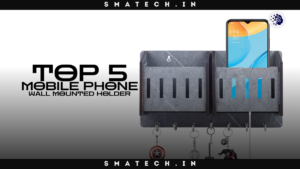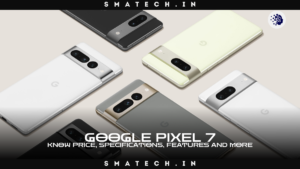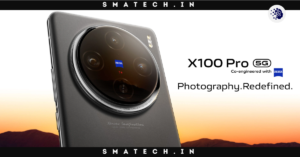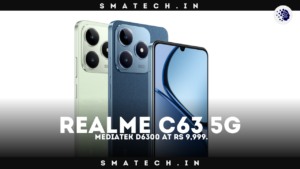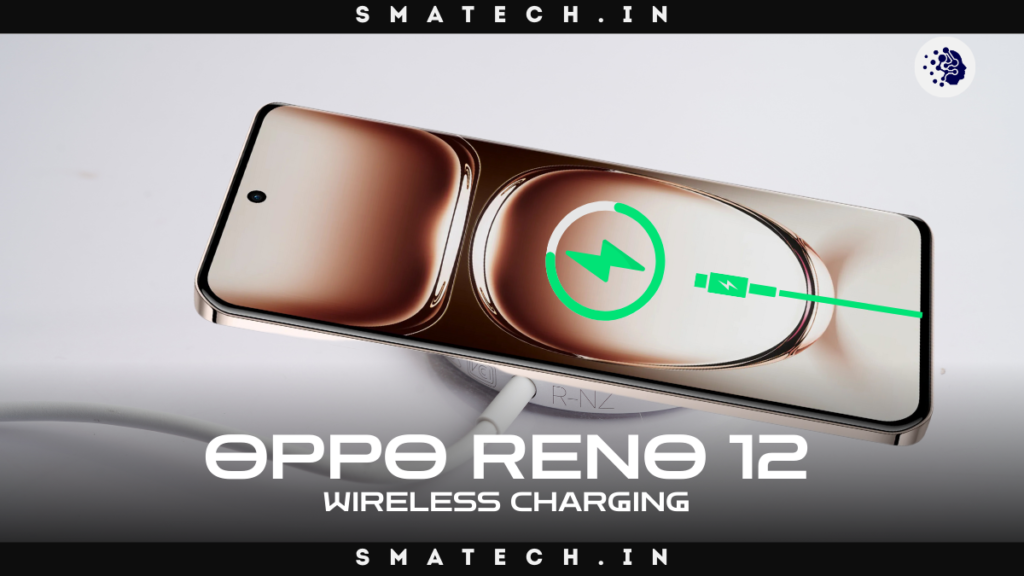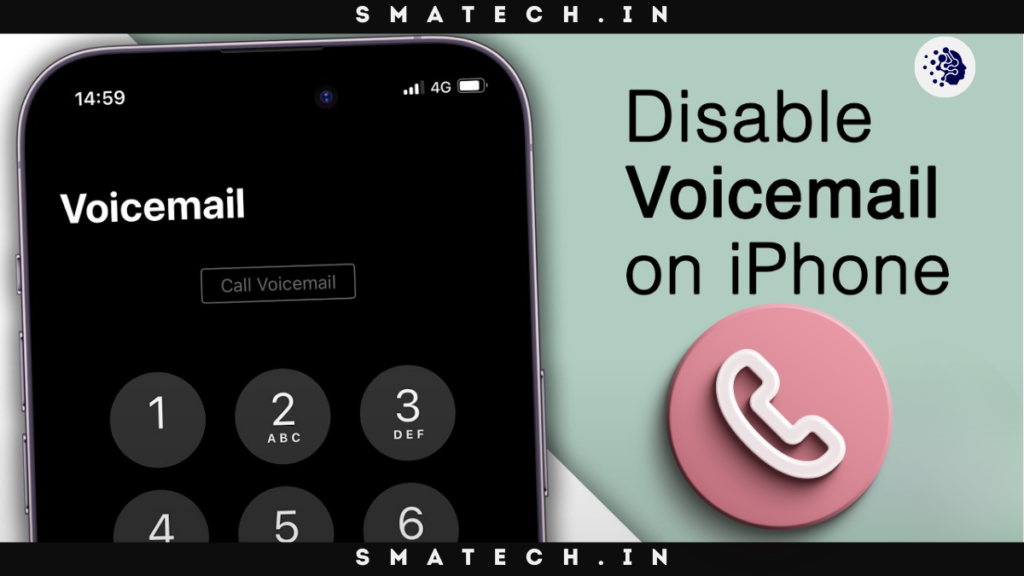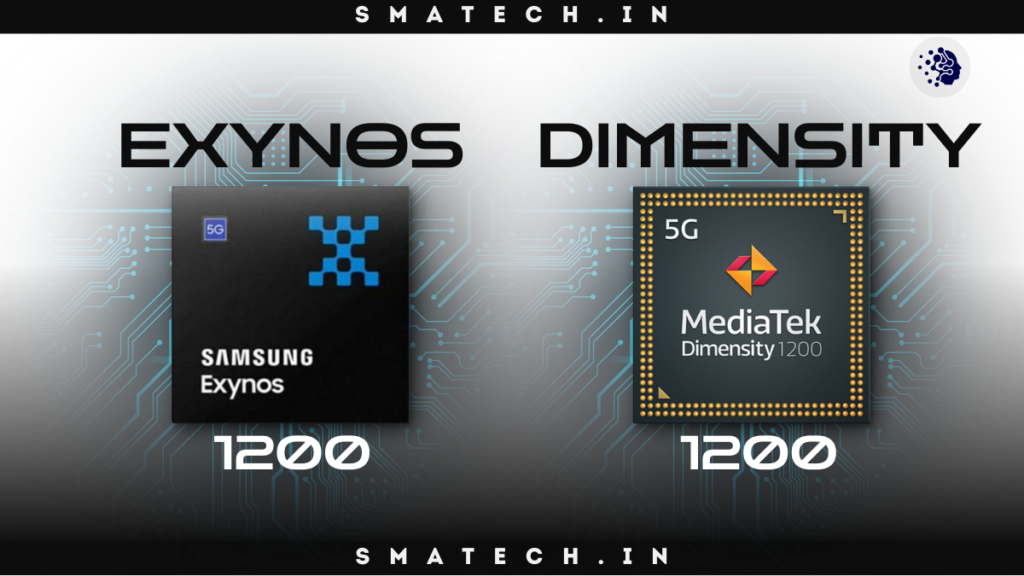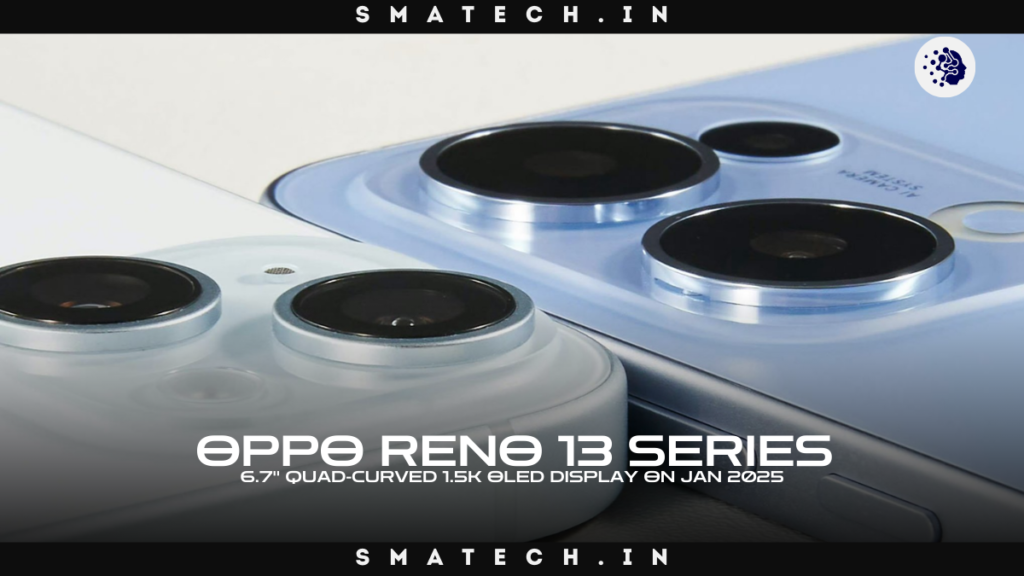In the realm of premium smartphones priced under Rs. 40,000, consumers have a plethora of options. Notable contenders in this segment include the purposefully designed Oppo Reno 10 Pro and other premium devices initially launched in the sub-Rs. 50,000 range but later subject to price cuts, like the Nothing Phone 2. The landscape is dynamic, with offerings such as the Oppo Reno 11 Pro, vying for attention and market share. Oppo Reno 11 Pro Review
The Reno 11 Pro boasts a fresh design, enhanced cameras, and an upgraded processor. As it steps into the fiercely competitive premium segment of 2024, dominated by smartphones launched in 2023, the question arises – can Oppo’s latest contender make its mark? Having used the Oppo Reno 11 Pro, here are my thoughts.
Oppo Reno 11 Pro Review: Price in India
Priced at Rs. 39,999, the Reno 11 Pro maintains a similar price point to its predecessor, the Reno 10 Pro. The device comes in two finishes – Pearl White and Rock Grey. In the box, Oppo provides a USB Type-C to Type-A charging cable, an 80W charger, and a transparent TPU case.
Oppo Reno 11 Pro Review: Design

The Oppo Reno 11 Pro inherits its predecessor’s blend of polycarbonate and glass, resulting in a new Pearl White 3D-etched finish that mimics marble. The 3D curved glass back, along with the polished camera island, contributes to a premium look and feel. The device is impressively slim at 7.66mm, weighing just 181 grams. However, the lack of grip due to the matte finish makes the phone slippery, necessitating the use of the provided TPU case.
Despite its premium design, the phone lacks an official IP rating, a drawback considering its price compared to competitors offering water and dust resistance.
Oppo Reno 11 Pro Review: Specifications and Software
Unlike its predecessor, the Reno 11 Pro opts for MediaTek silicon, featuring a MediaTek Dimensity 8200 SoC. With a 6.7-inch AMOLED panel, 120Hz dynamic refresh rate, and a full-HD+ resolution, the phone offers a sleek display experience. The device runs on Oppo’s latest Android 14-based ColorOS 14, introducing some new features like File Dock and Smart Touch.

However, the presence of preinstalled apps, including non-removable ones like FinShell Pay, and duplicates in the app drawer may be overwhelming for users. Performance benchmarks indicate notable improvements over the previous model, showcasing better multitasking and overall speed.
Oppo Reno 11 Pro Review: Performance
Despite the presence of bloatware, the Reno 11 Pro delivers solid software performance, excelling in multitasking and benchmark tests. Gaming performance is commendable, but limitations are observed in achieving higher frame rates for demanding 3D games.
The phone’s audio quality from the single speaker is sufficiently loud but lacks the immersive experience found in stereo setups. The HDR10+ supported display provides vibrant colors, but the dynamic refresh rate optimization seems like a gimmick.
Battery performance is respectable, offering a day of heavy use, but power users may find it limiting. The 80W wired charging, although speedy, lacks wireless charging – a feature found in some competitors.
Oppo Reno 11 Pro Review: Cameras
The camera setup remains largely unchanged from the Reno 10 Pro, featuring a 50-megapixel primary camera, 32-megapixel telephoto, and an 8-megapixel ultra-wide-angle camera. Oppo claims improvements in image processing, especially in Portrait mode.

Sensors of the Phone
While the primary camera captures vibrant photos with good detail, the telephoto camera’s performance diminishes in low light. Portrait mode impresses with improved separation and detail, but flaws in edge detection are noticeable in complex scenarios.
The ultra-wide camera offers average image quality, and video recording capabilities, while present, lack the refinement seen in competing devices.
Conclution
The Oppo Reno 11 Pro, an iterative upgrade from its predecessor, maintains a high price point without offering significant value additions. While design and some performance aspects see improvements, the absence of an official IP rating, stereo speakers, and wireless charging may deter potential buyers. The device caters to a specific audience but faces stiff competition in a rapidly evolving market.

